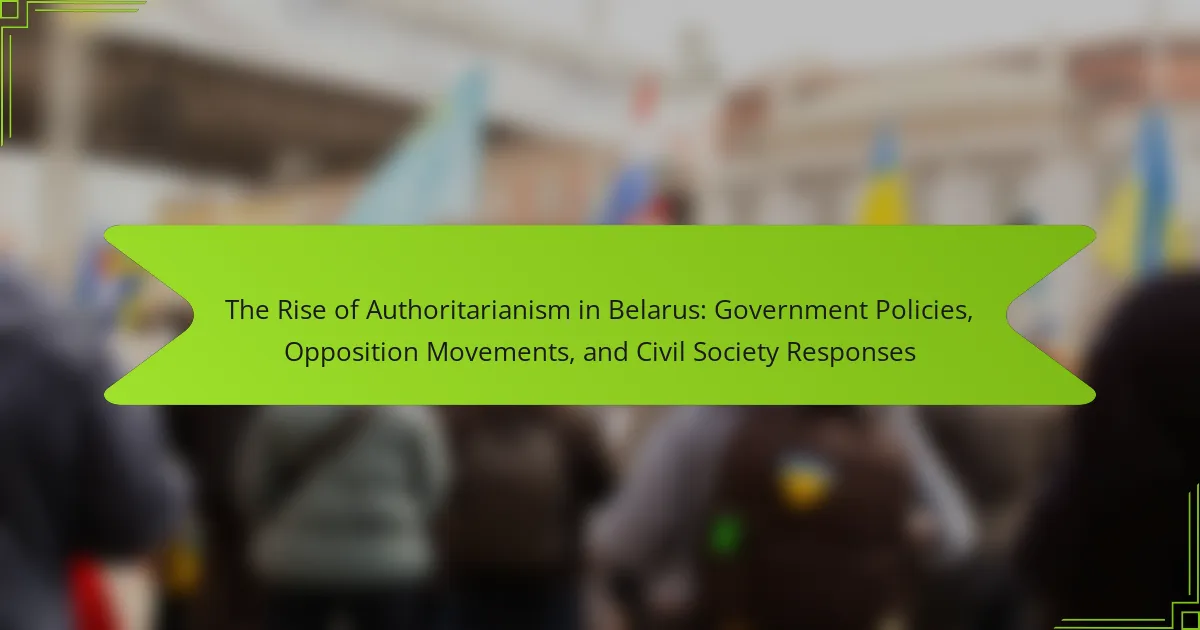The article examines the rise of authoritarianism in Belarus, primarily driven by government repression, lack of political pluralism, and economic control under President Alexander Lukashenko. It discusses the systematic suppression of dissent, including the imprisonment of political opponents and restrictions on media freedoms, particularly following the fraudulent 2020 presidential election that sparked widespread protests. Key […]
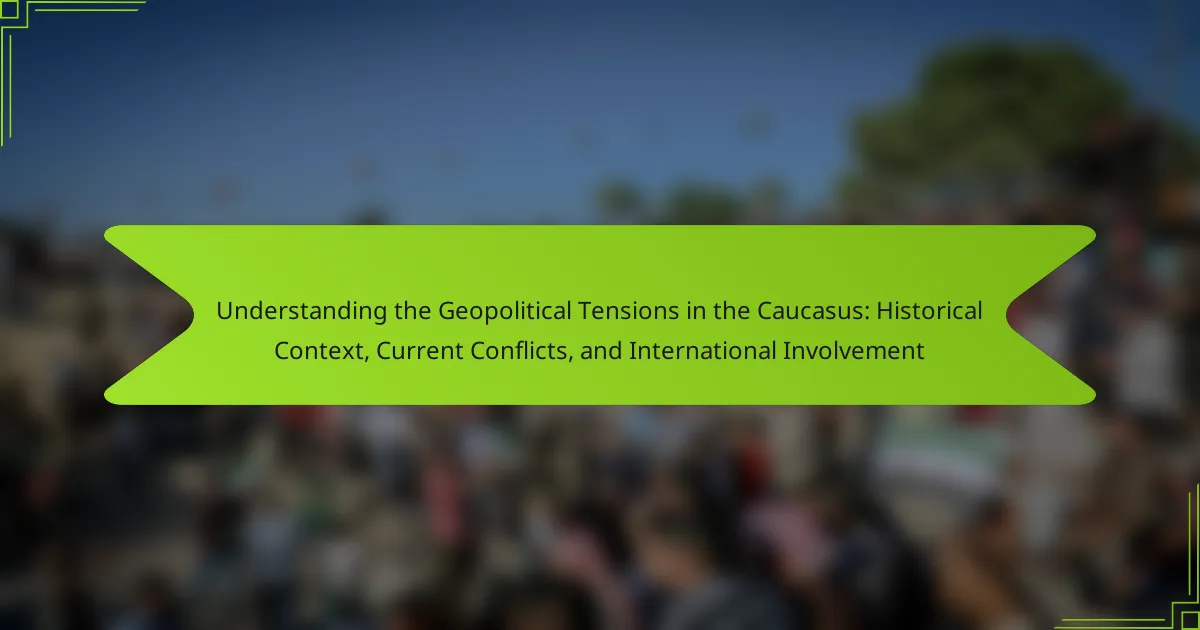
Understanding the Geopolitical Tensions in the Caucasus: Historical Context, Current Conflicts, and International Involvement
The Caucasus region, comprising Armenia, Azerbaijan, and Georgia, is characterized by complex geopolitical tensions stemming from territorial disputes, ethnic conflicts, and historical grievances. A prominent issue is the Nagorno-Karabakh conflict, a long-standing dispute between Armenia and Azerbaijan with roots in the Soviet era, leading to multiple wars and ongoing contestation over sovereignty. The involvement of […]

The Influence of Social Media on Political Mobilization in Eurasia: Trends, Case Studies, and Impact on Elections
Social media is a pivotal entity in the context of political mobilization in Eurasia, significantly impacting how activists and the public communicate. Platforms such as Facebook and Twitter enable the swift dissemination of information, facilitating the organization of protests and political movements, particularly in countries like Russia and Belarus. The article examines the role of […]

Recent Developments in Russian Political Landscape: Key Events, Leadership Changes, and Public Reactions
The article focuses on recent developments in the Russian political landscape, highlighting increased tensions between the government and opposition groups. Notable events include widespread protests in 2023 over economic issues, which were met with police crackdowns and arrests of activists. Changes in key leadership positions within the government suggest a potential consolidation of power amid […]
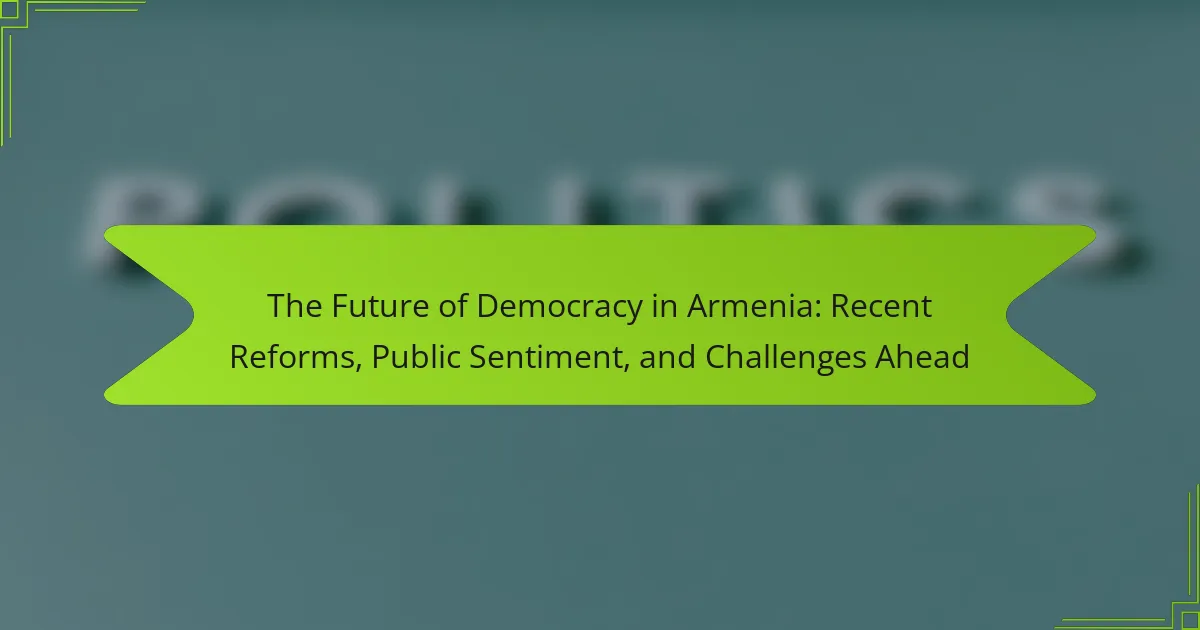
The Future of Democracy in Armenia: Recent Reforms, Public Sentiment, and Challenges Ahead
The article examines the future of democracy in Armenia, focusing on recent reforms, public sentiment, and ongoing challenges. Following the 2018 Velvet Revolution, Armenia has made notable advancements in democratic governance, including electoral reforms aimed at enhancing transparency. While public support for democratic principles is strong, challenges such as political polarization, corruption, and limited media […]
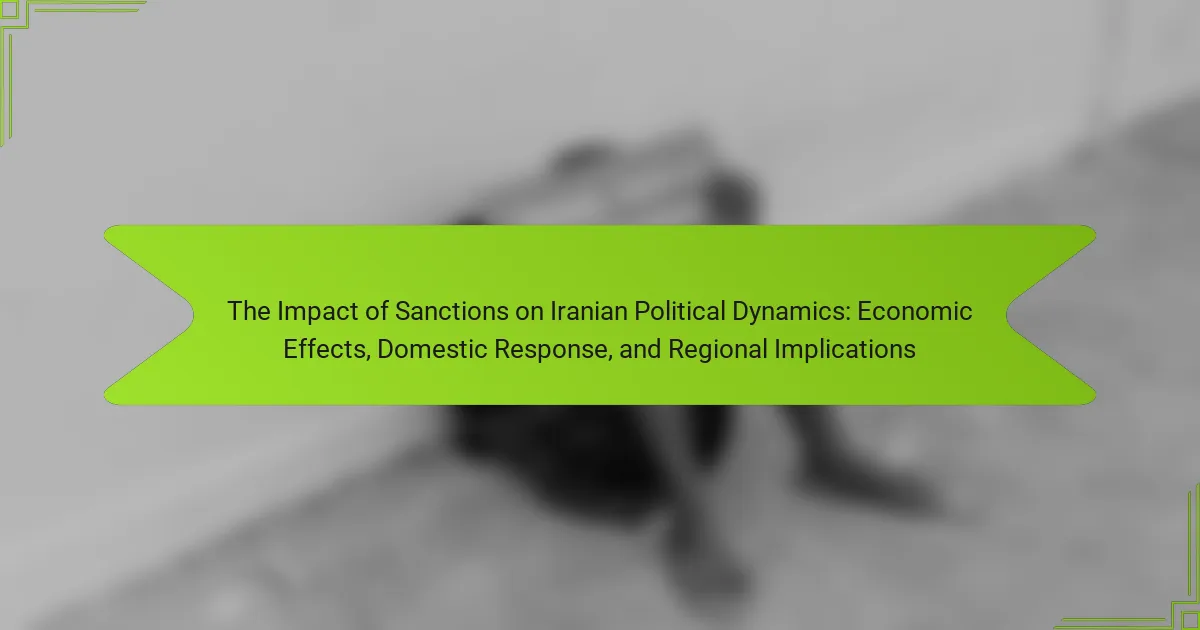
The Impact of Sanctions on Iranian Political Dynamics: Economic Effects, Domestic Response, and Regional Implications
The article examines the impact of sanctions on Iran, focusing on economic, domestic, and regional dimensions. Sanctions imposed by the United States and the European Union target Iran’s nuclear program, human rights violations, and support for terrorism, significantly affecting its economy and international relations. Domestic actors in Iran respond to these sanctions through adaptation, resistance, […]
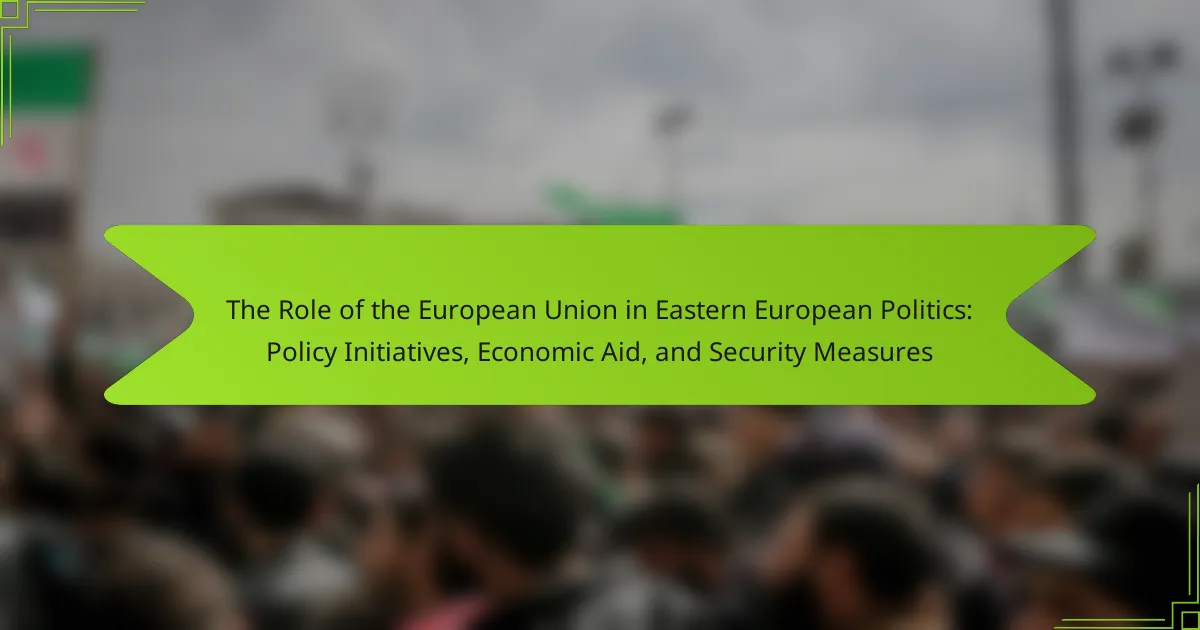
The Role of the European Union in Eastern European Politics: Policy Initiatives, Economic Aid, and Security Measures
The European Union (EU) significantly influences Eastern European politics through policy initiatives, economic aid, and security measures. The EU promotes stability, democracy, and economic development by engaging with countries such as Armenia, Azerbaijan, Belarus, Georgia, Moldova, and Ukraine, particularly through the Eastern Partnership program. It provides financial support for reforms and infrastructure, while also implementing […]
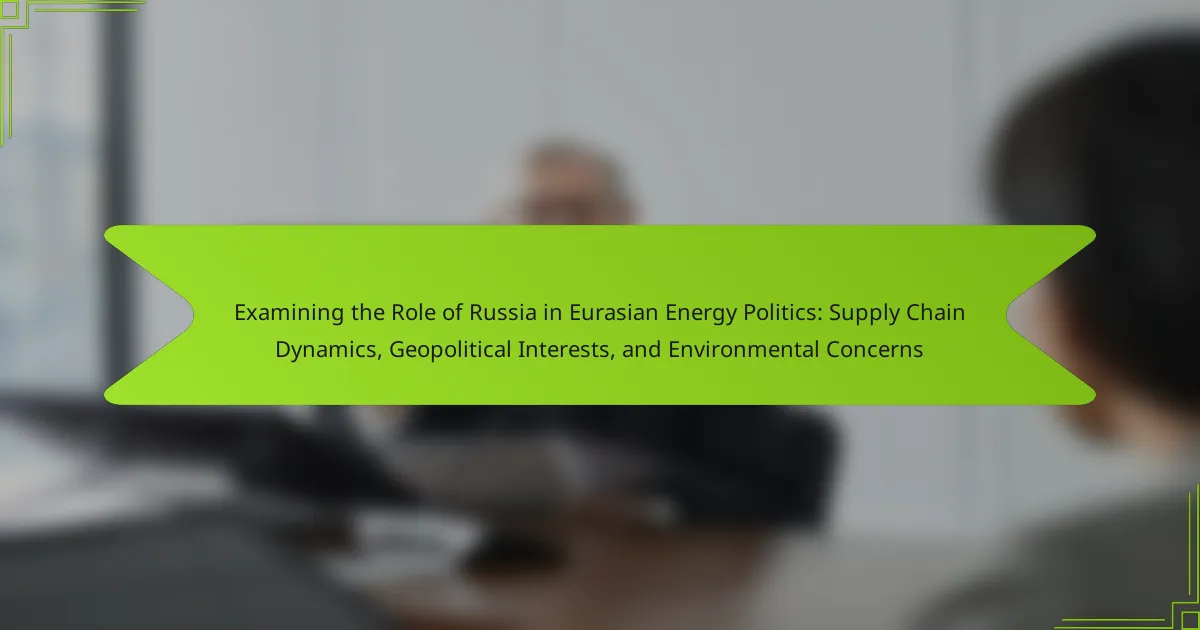
Examining the Role of Russia in Eurasian Energy Politics: Supply Chain Dynamics, Geopolitical Interests, and Environmental Concerns
Russia is a major player in Eurasian energy politics, being one of the largest producers and exporters of oil and natural gas in the region. The country’s extensive pipeline network, including Nord Stream and TurkStream, enhances its strategic influence over European and Asian energy markets. This article examines the supply chain dynamics of Russian energy, […]
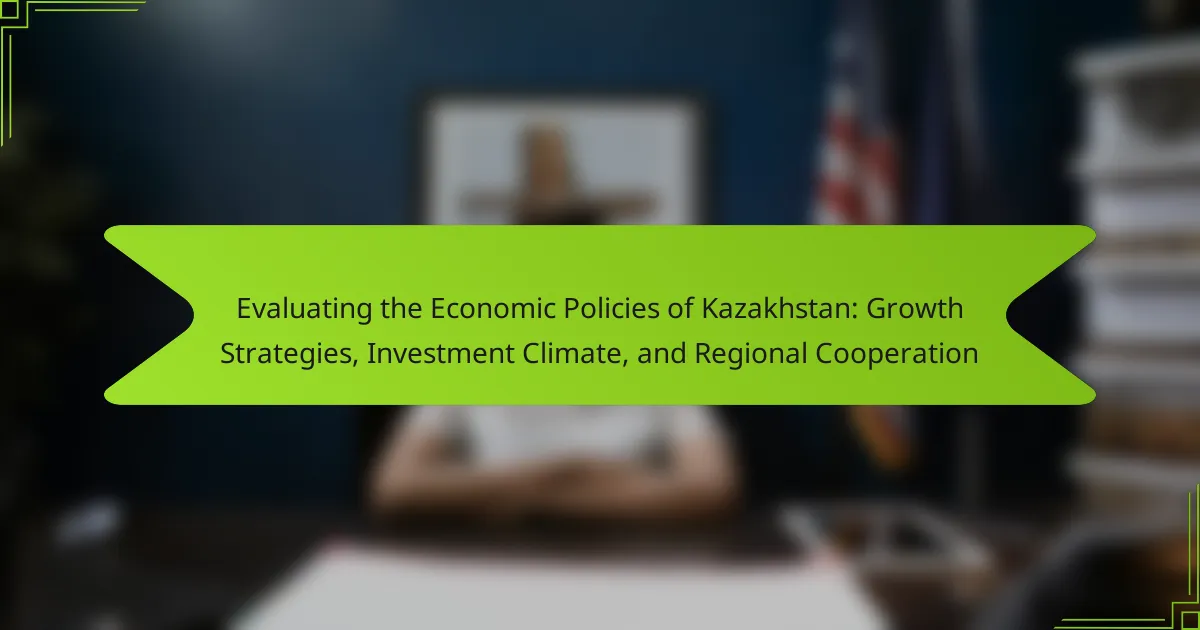
Evaluating the Economic Policies of Kazakhstan: Growth Strategies, Investment Climate, and Regional Cooperation
Kazakhstan’s economic policies are centered on diversification and modernization, with a focus on reducing reliance on the oil and gas sectors. The government promotes growth in agriculture, manufacturing, and services through the “Kazakhstan-2050” strategy, which emphasizes innovation and sustainable development. Key initiatives include attracting foreign direct investment (FDI) via investment incentives and the establishment of […]
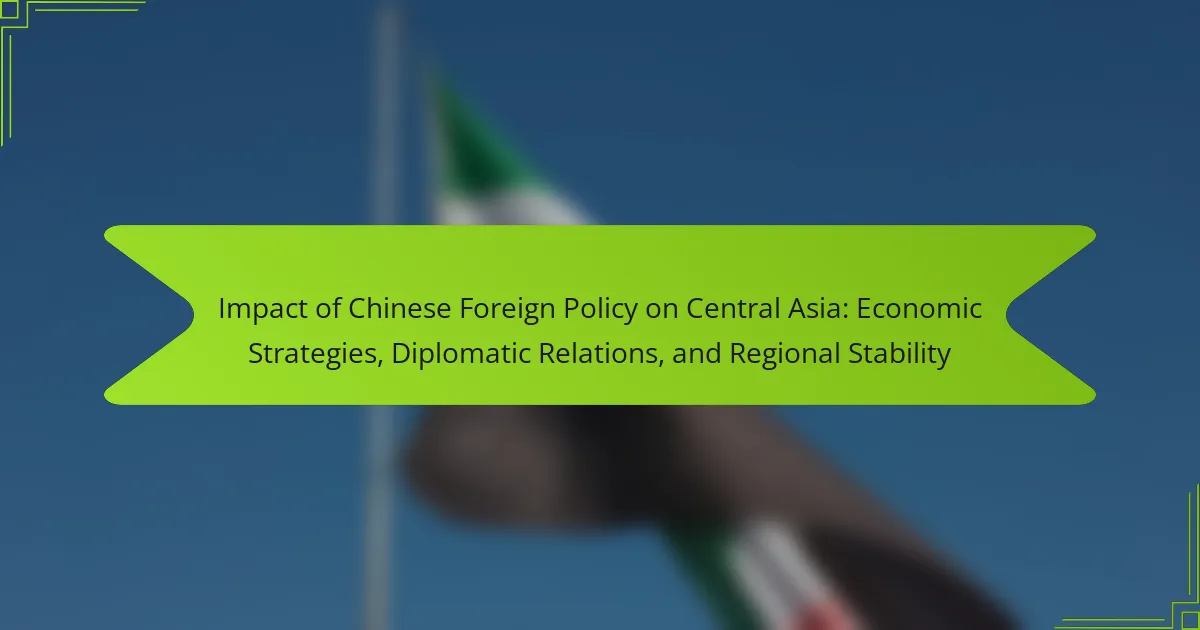
Impact of Chinese Foreign Policy on Central Asia: Economic Strategies, Diplomatic Relations, and Regional Stability
Chinese foreign policy plays a crucial role in shaping the economic landscape and geopolitical dynamics of Central Asia through strategic initiatives such as the Belt and Road Initiative (BRI). This initiative focuses on enhancing infrastructure connectivity and trade, with over $60 billion invested in the region from 2013 to 2020. China’s economic strategies emphasize energy […]
